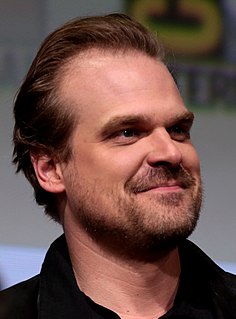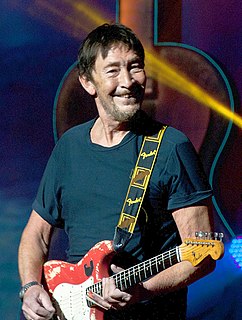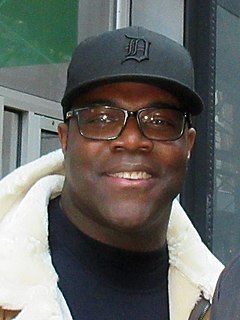A Quote by Neil Gaiman
I didn't like people rewriting my dialogue. I didn't like the fact that we'd start a comic with the Joker, and by the time we inked it, he would have turned into the Scarecrow.
Related Quotes
We have been making constant efforts, all the time, to start dialogue with the SLORC, but you know it takes two. We don't want a monologue. We would like a substantive political dialogue among the SLORC, political leaders including myself, and leaders of ethnic groups-exactly as stipulated in the U.N. General Assembly resolution on Burma.
I hate it when I'm reading a comic, and the dialogue looks like stickers stuck on top to explain what's going on. For me the best is when your eye goes in a certain point and moves through the composition and then springs out on the dialogue, or gets confused in the image and then goes to the dialogue for an explanation.
I was a Marvel kid, and I would have to say that Spiderman is my all-time favorite character. As I got older, my tastes developed a little bit more, and I would follow certain writers; like, I really got into Grant Morrison. From the time I was 5, I was into comic books. From the time I learned how to read, it was all about comic books.
When I go to the cinema, I want to have a cinematic experience. Some people ignore the sound and you end up seeing something you might see on television and it doesn't explore the form. Sound is the other picture. When you show people a rough cut without the sound mix they are often really surprised. Sound creates a completely new world. With dialogue, people say a lot of things they don't mean. I like dialogue when it's used in a way when the body language says the complete opposite. But I love great dialogue I think expositional dialogue is quite crass and not like real life.
To me, my favorite comic book movies were the ones that were never based on comic books, like Unforgiven. That's more the kind of thing that get us inspired. Usually when you say something's a comic book movie, it means you turn on the purple and green lights. Suddenly that means it's more like a comic book, and It's not really like that.


































